Slaughterhouse Managers Wagered on Human Lives?
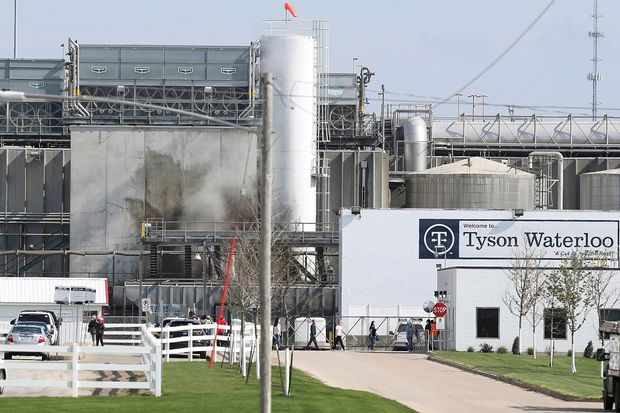
Disregard for All Lives
Even most carnists feel discomfort at the mention of a slaughterhouse. Slaughterhouses are some of the cruelest places on Earth… for animals. Now, make that for people too. Across the nation, slaughterhouses have become COVID-19 hotspots. According to the Washington Post, as of early September, at least 42,534 workers at slaughterhouses had come down with the coronavirus, and at least 203 had died. COVID-19 cases have hit at least 494 slaughterhouses. The job is brutal under the best of circumstances. Now, an element of sadism against the workers is being alleged.
Taking Winner-Take-All Bets on How Many Slaughterhouse Workers Could Get Sick with COVID?
A lawsuit alleges that, at a Tyson slaughterhouse in Iowa, managers were placing bets with actual money on how many of their workers would come down with COVID-19. Labor leaders say, overall, the meatpacking managerial ranks tend to be overwhelmingly white. The overwhelming majority of rank and file slaughterhouse workers are people of color and immigrants. What does this tell us?
“It just lets you know the type of culture that they’re in,” Says Gwenna Hunter, founder of Vegans for Black Lives Matter. “What type of safety do you have, emotionally or physically, when you have people above you, that are supposed to protect you, taking bets on your lives?”
Joe Enriquez Henry, a labor leader who speaks out on behalf of slaughterhouse workers in Iowa, recently went plant-based in solidarity with slaughterhouse workers who are sick and who’ve died. He also started BoycottMeat.com. He explains that systemic racism breeds toxic workplaces. “These plants are creating not only hotspots for the virus, but a way to promote racist behavior,” he warns, adding “86% of management is white and hiding in their offices during this pandemic, whereas over 90% of the workers are people of color and from other countries.”
Renee King-Sonnen is the founder of Rowdy Girl Animal Sanctuary, a Texas cattle ranching operation that turned itself into a vegan farmed animal sanctuary. She wants to make it clear that all ranchers and farmers can become plant-based producers instead of exploiting the lives of others. In fact, her Rancher Advocacy Program just teamed up with JaneUnChained News to hold an online summit to address the question: how can ranchers and farmers thrive, on their land, without using animals.
Jane Velez-Mitchell sits down with Gwenna Hunter, Joe Enriquez Henry, and Renee King-Sonnen.
Tyson Foods responded to the accusations.
“We are extremely upset about the accusations involving some of the leadership at our Waterloo plant. Tyson Foods is a family company with 139,000 team members and these allegations do not represent who we are, or our CORE VALUES and Team Behaviors.”
C’mon, Tyson Foods. You’re a killing facility. What do you mean this incident doesn’t represent “core values?”
Former Attorney General Eric Holder will be overseeing the investigation into these disturbing allegations. We welcome any Tyson representatives to come on any time and respond to our panelists.

Matter of Necessity
The people who work at these facilities often have no other option. “These aren’t dream jobs, or jobs that people want. These are jobs that people have, sometimes, very little choice in the matter of survival,” says Gwenna Hunter. She notes that one slaughterhouse worker, who was interviewed by CNN, had recently gotten out of prison. With nowhere to turn, he risked his health to ensure his basic survival.
The Future is Plant-Based
Cancelling animal agriculture won’t force people out of jobs. Renee King-Sonnen has first-hand experience about how to turn an animal-killing-operation into something productive: a sanctuary where the animals are not sent off to their deaths but live peacefully on the land, becoming animal ambassadors. She and her formerly cattle-ranching husband became aware of the truth, and had to make a change. And the same can happen for slaughterhouses across the country.
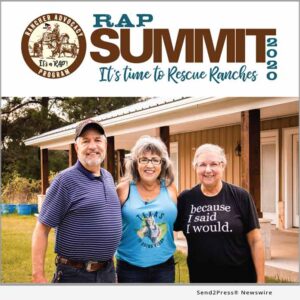
“We also need to discuss how to transform these facilities into plant-based production. We can do that. The workers will not lose their jobs.” Says Joe Enriquez Henry.
Transforming these brutal facilities into something productive will benefit everyone. We can liberate animals, heal the planet, and prevent future pandemics.
But protecting workers is the first step in ensuring a smooth transition.




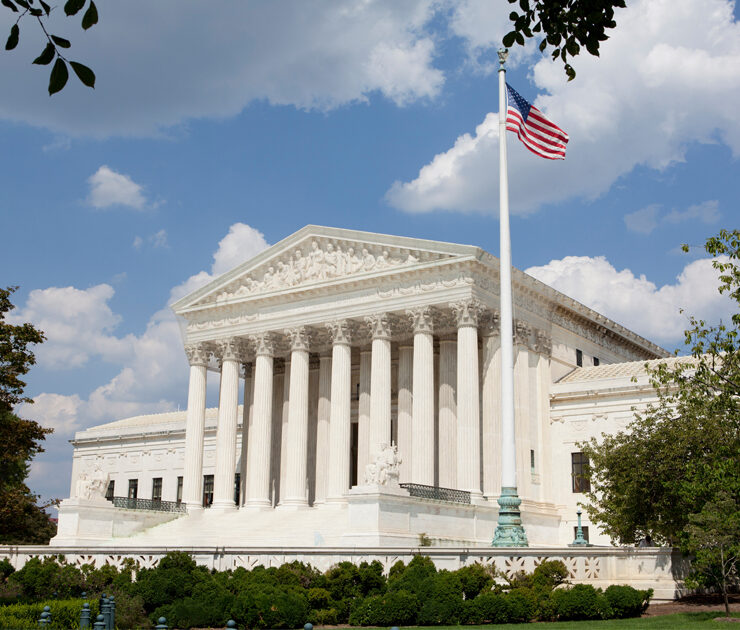
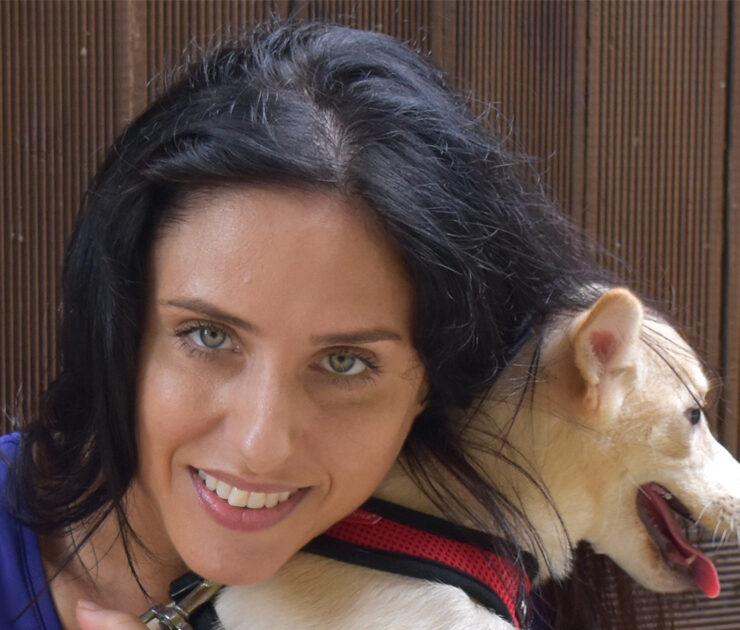
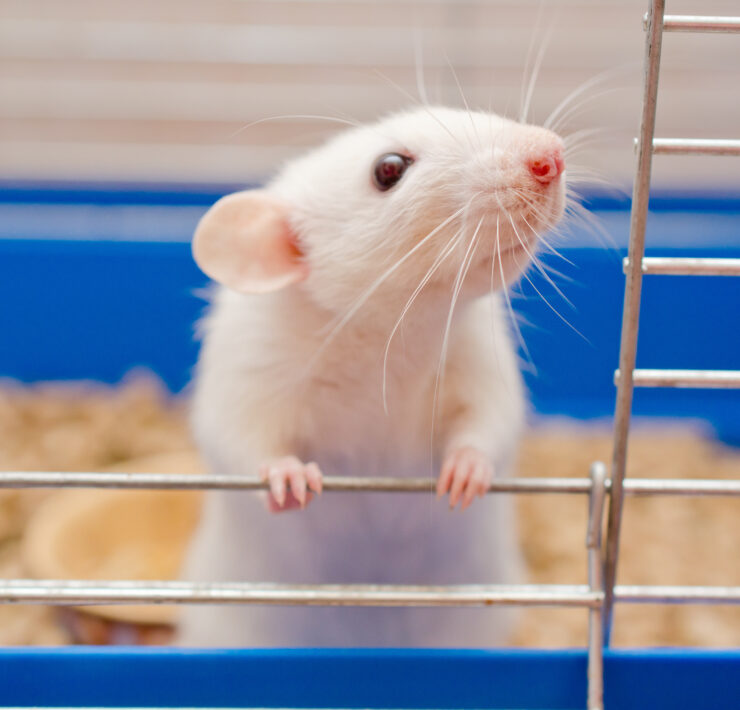
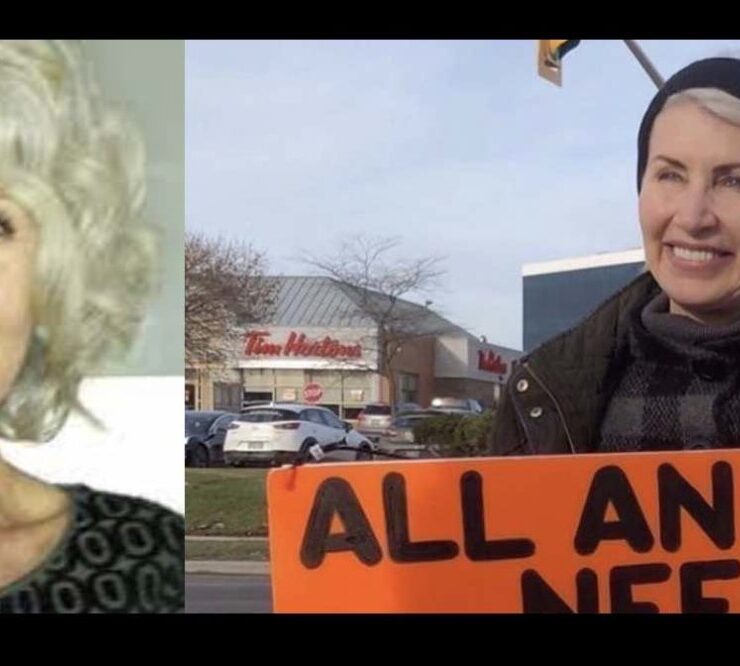

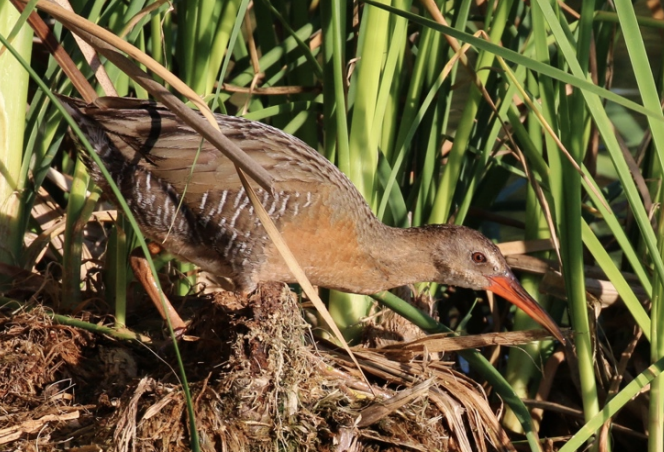
Animal agriculture is destroying the planet. Thank you for sharing.